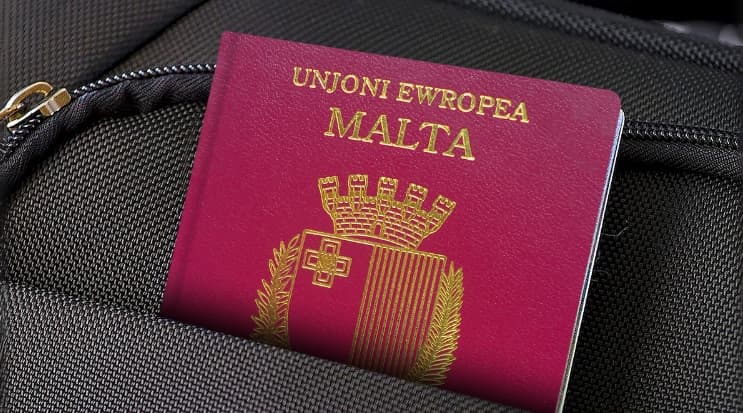
EU Court Declares Malta’s Golden Passport Scheme Illegal Under European Law
Ruling Raises Legal, Political, and Security Concerns Across the EU as Malta Faces Pressure to Dismantle Citizenship-for-Investment Programme
The European Union’s top court has ruled that Malta’s golden passport scheme, which allows foreign nationals to obtain Maltese and EU citizenship in exchange for financial investment, violates EU law. This landmark decision is expected to have sweeping consequences for Malta’s nationality policies and similar schemes in other member states.
The Court of Justice of the European Union (CJEU) concluded that the programme transforms citizenship into a mere commercial transaction, undermining the principle that nationality and EU citizenship should be based on a genuine link between the applicant and the granting state. The ruling directly challenges Malta’s long-standing defence that nationality falls solely under domestic jurisdiction.
How the Scheme Worked
Launched to attract foreign investment, Malta’s scheme offered passports to high-net-worth individuals in return for:
-
A minimum payment of €600,000
-
Purchasing or renting property in Malta
-
A €10,000 charitable donation
In exchange, successful applicants were granted Maltese nationality, which automatically conferred the right to live, work, and travel across all EU member states. The scheme attracted tourists, investors, and third-country nationals, sparking widespread criticism from EU institutions and transparency advocates.
Legal Impact and International Repercussions
The court’s ruling significantly jeopardises the legal foundation of Malta’s scheme and sets a precedent that could affect similar programmes across Europe. The judgment highlights the risk to mutual trust between EU countries, citing security, money laundering, and tax evasion concerns linked to investor-based citizenship.
If Malta fails to comply, it now faces the possibility of heavy financial penalties from the European Commission. The country has suspended access to the scheme for Russian and Belarusian nationals since 2022, following EU sanctions linked to the invasion of Ukraine, but this has not shielded it from broader legal scrutiny.
Political Fallout and Next Steps
While Malta’s government has yet to respond officially, the ruling puts immense pressure on lawmakers to either abolish the scheme or drastically overhaul it. Former Prime Minister Joseph Muscat called the ruling “political,” suggesting changes might allow the programme to continue in a different form.
This legal development may also impact tourists, investors, and real estate sectors that benefited from the scheme. The decision underlines growing EU resistance to “citizenship for sale” and reinforces calls for greater regulation of immigration, nationality laws, and financial integrity.
For any enquiries or information, contact info@thelawreporters.com or call us on +971 52 644 3004. Follow The Law Reporters on WhatsApp Channels